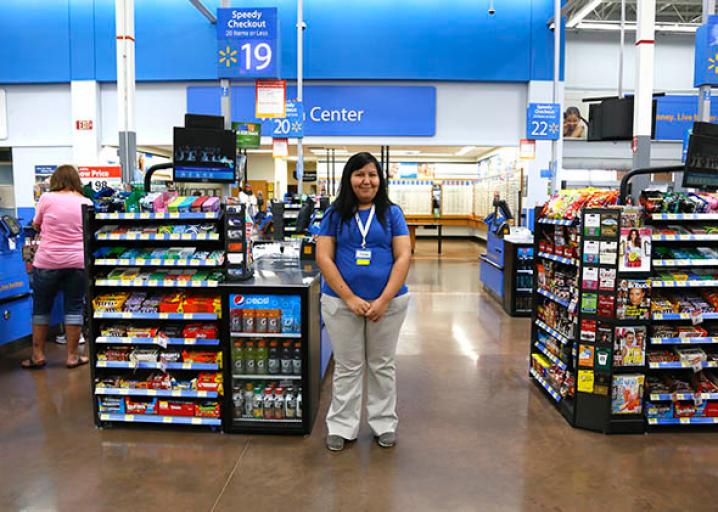I don’t like to ascribe any sort of morality to it. But in a country with relatively free labor markets, your salary is largely a product of the value of your skill sets in the labor market where you reside. Computer programmers, lawyers and accountants tend to make more than waitresses and bartenders and fast food workers because those jobs require specialized skills, training and education. There are fewer people who are qualified to do them and value those jobs can potentially provide place a premium on those who can do that job well.
And in economics, there is such a thing as a “moral hazard”. Which basically means that the unintended consequences of providing welfare and other safety nets is that it provides disincentives for people to engage in behaviors that would prevent the need for welfare in the first place. It also provides disincentives to find meaningful work, as there is little marginal benefit to taking a minimum wage job over making a bit less than minimum wage doing nothing.
On the flip side of that, in this country (USA) we do tend to fetishize wealth and power. People are fascinated by rich celebrities, powerful business tycoons, and 23 year old Silicon Valley startup billionaires.
We value the end goal and trappings of wealth but we don’t value the process of education and hard work required to get there. So we tend to deride the poor not because they are lazy or unskilled or uneducated but simply BECAUSE they are poor.
You could be the worlds laziest asshole jerkoff, but if you own a mansion and a yacht, a million people will watch you on the Bravo network.
Which leads to the whole problem of income disparity. When all the wealth is concentrated in a small group of individuals, then what is defined as “hard work” is typically work that benefits those individuals who hold all the wealth. CEOs, corporate lawyers and investment bankers and management consultants make so much money, not because the work is so valuable to the community. They make so much money because their work is valuable to people who have money. It becomes very self-perpetuating.

